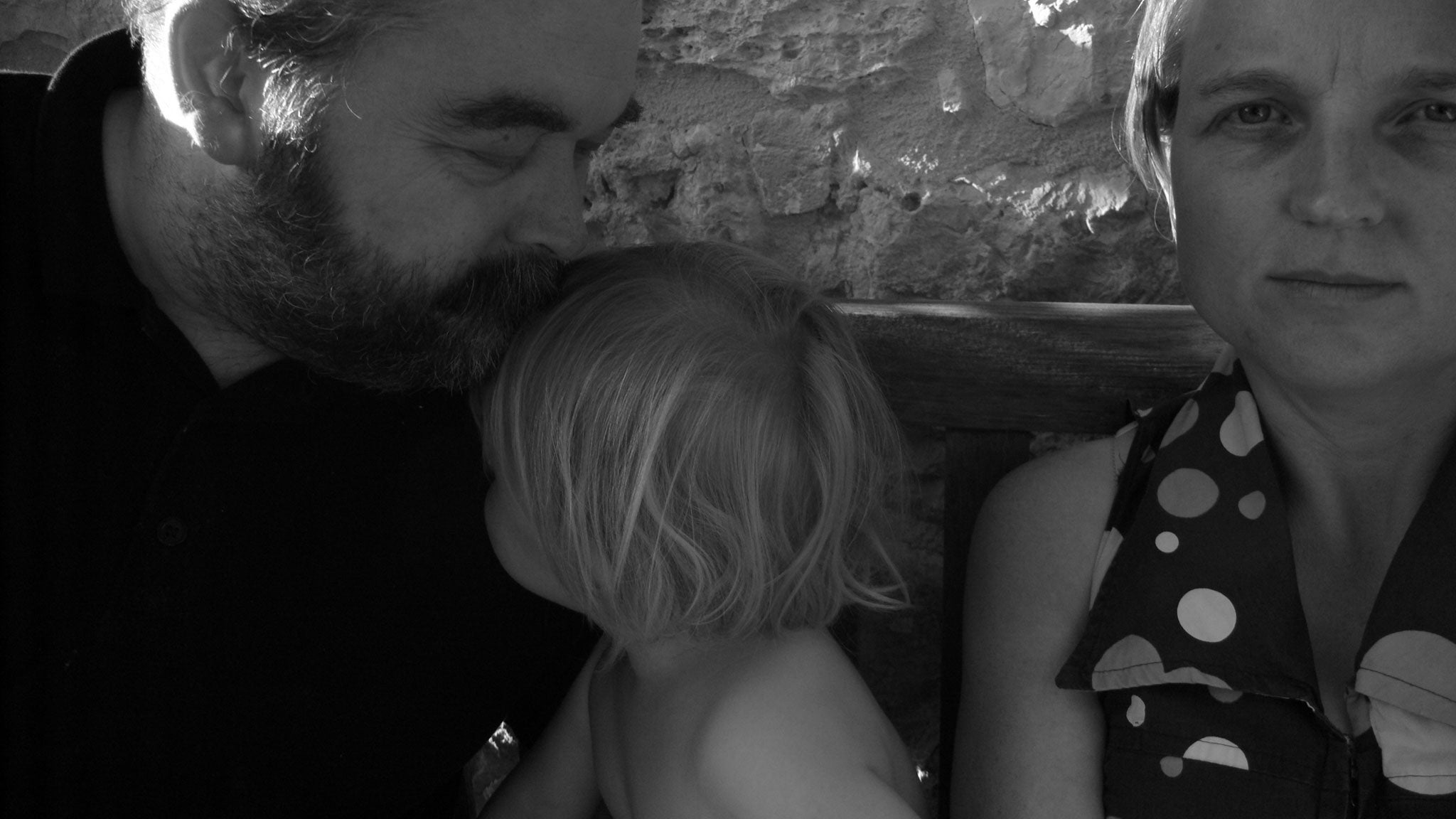The Iceberg: A Memoir by Marion Coutts, book review: A searing prose poem from a widow to her late husband

When Tom Lubbock died in January 2011, aged just 53, readers of The Independent mourned the loss of a respected and much-loved art critic.
For just over two years he had been dying from the effects of a brain tumour; we knew this because he wrote bravely about it and told us how it felt to face death, to lose control of his speech, and to know that he would soon leave behind his wife and baby son.
Dying, for Lubbock, was not just an ordeal to be dealt with but a new subject on which to turn his brilliant and original mind. Out of this came his book of thoughts on the process, Until Further Notice, I Am Alive. Like all good journalists, he was curious about any fresh experience and ready to write about it in order to try to understand. "First of all it was scary; now it's all right; it is still, even now, interesting".
Lubbock was not alone in his dying; his wife Marion Coutts and their son were on the journey with him, a constant presence in his book. And now we have Coutts's own account of those same two years, a companion piece if you like, to give us a partner's perspective.
Coutts, an artist, has a mind as original as her husband's, and her moving story is told as a kind of prose poem. The Iceberg begins in 2008 with Tom's diagnosis, and is written in the present tense so that we are there with the protagonists throughout the drama. The writing is lyrical, textured, perfectly paced; the sentences short so that we feel Coutts's moments of panic, her quickened heartbeat.
We are in the street with Coutts when news of Tom's diagnosis is delivered. "It is the quickest poison," she writes. We read the emails the couple send to their friends: "We have had some troubling news that you should know…" And we are there for the brain surgery, and the strange suspended sentence of the next year where many things – including Lubbock's lucid art reviews – continue as normal, and when life is not without its moments of humour.
"We discover … that you cannot hold a state of fear for an extended time. Fear is a peak, not a plateau." In the third section of the book we are witnesses to Tom's harrowing last months, of his declining physical powers and struggles to speak: "We are a people of two and ours is a dying tongue". Finally there is the hospice bed, a last Christmas, a last birthday, and a last devastating email: "Tom is dead."
In Until Further Notice, Lubbock repeated Bertolt Brecht's plea that dying ought to be taught. His words are a call to writers. It's not just the science we need, but a new literature of dying; a set of manuals for people who hold no hope of resurrection. In The Iceberg, and Lubbock's own book, we are fortunate to have two such startlingly beautiful and inspiring pioneer texts.
Join our commenting forum
Join thought-provoking conversations, follow other Independent readers and see their replies
0Comments